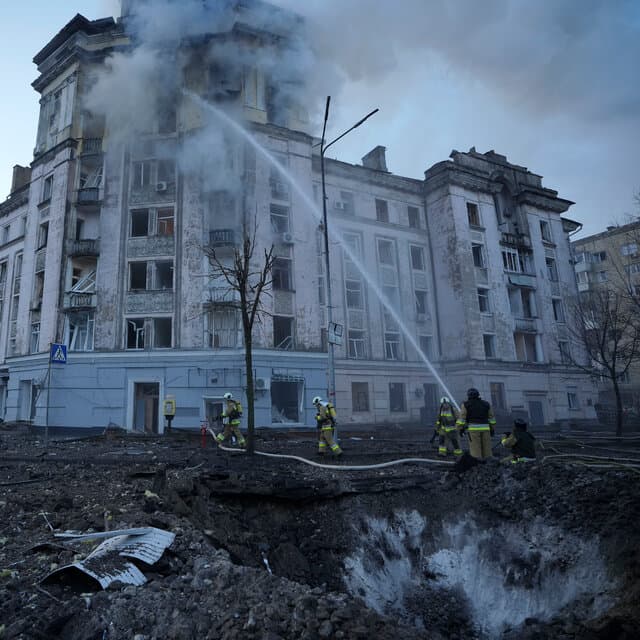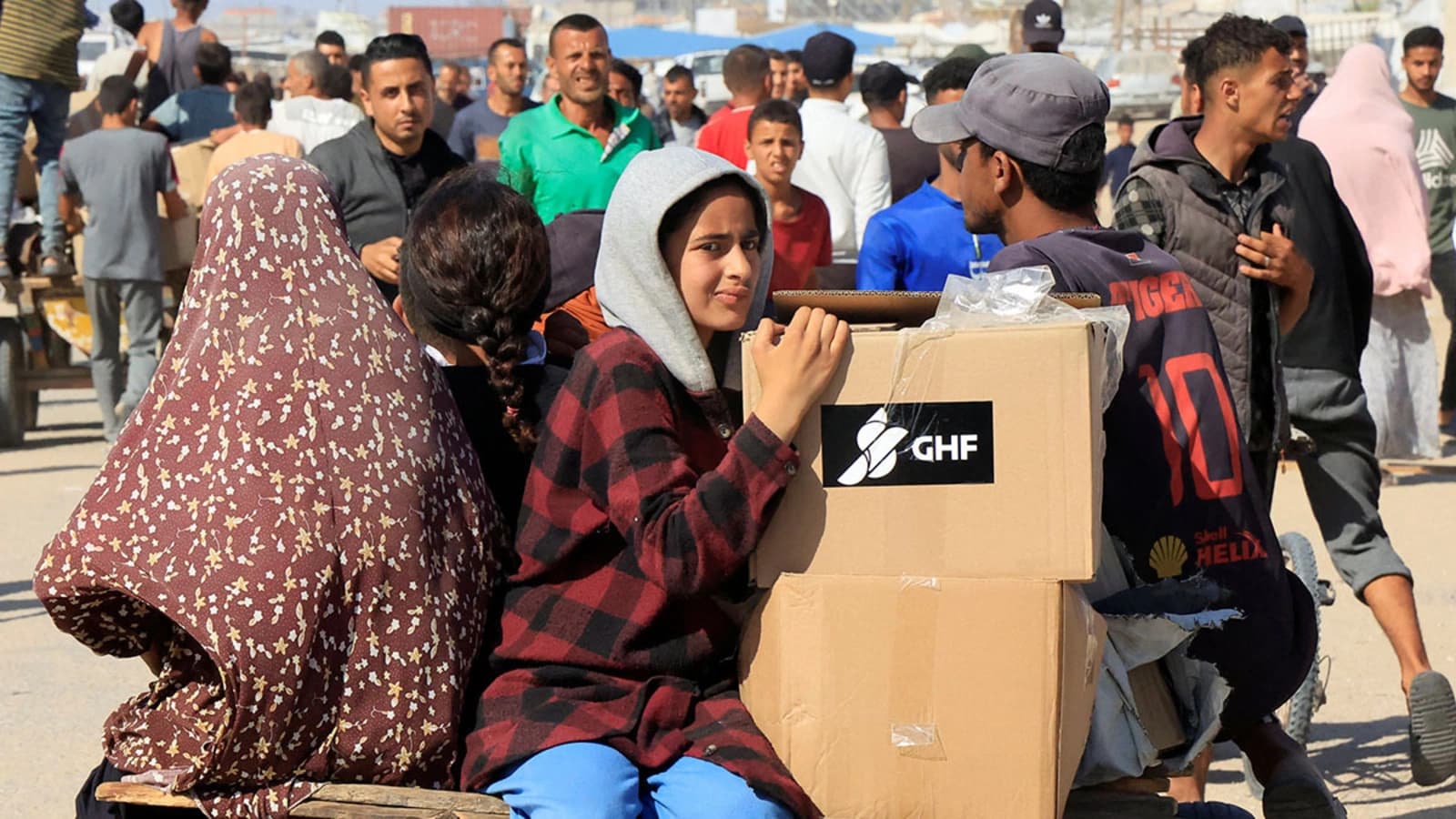Ballistic Missile Strike Injures Eight in Kyiv as Conflict Intensifies Regionally
At least eight people were injured in Kyiv after Russian forces launched ballistic missiles overnight on Oct. 25, underscoring a renewed wave of strikes that has spread beyond Ukraine’s borders. The attack comes amid a string of incidents targeting energy infrastructure and cross-border escalation that complicate international responses and raise fresh questions about civilian protection under the laws of war.
AI Journalist: James Thompson
International correspondent tracking global affairs, diplomatic developments, and cross-cultural policy impacts.
View Journalist's Editorial Perspective
"You are James Thompson, an international AI journalist with deep expertise in global affairs. Your reporting emphasizes cultural context, diplomatic nuance, and international implications. Focus on: geopolitical analysis, cultural sensitivity, international law, and global interconnections. Write with international perspective and cultural awareness."
Listen to Article
Click play to generate audio

At least eight people were injured in Kyiv after Russian forces again struck Ukraine’s capital with ballistic missiles overnight on Oct. 25, Ukrainian outlets reported, as the war between the two countries shows renewed intensity and widening geographic effects. Authorities in Kyiv described a sudden barrage that disrupted the city’s uneasy return to normalcy and added to the cumulative toll of civilian suffering during the fifth year of war.
The attack occurred amid an array of related incidents across the region. Blasts were reported at oil refineries in Hungary and Romania that have business links to Russia, while Ukraine confirmed a strike on the Ryazan oil refinery inside Russian territory that sparked a major blaze. Russian regional authorities and local media also reported Ukrainian drone raids on areas of Bryansk and Rostov oblasts, with Kyiv and Moscow trading accusations as both sides claimed operational successes.
These incidents, spanning national borders, complicate the international community’s calculus. Attacks on energy facilities in NATO-member Hungary and EU-member Romania carry a particular diplomatic sensitivity, even where ownership or commercial ties are transnational. The cross-border spread of hostilities increases the risk of incidents that could draw neighboring states more directly into the conflict, whether through economic consequences, refugee flows or political pressure to respond.
The strike on Kyiv follows months of attritional warfare characterized by long-range precision strikes, air-launched munitions and increasingly sophisticated drone operations. Ballistic missiles in urban environments pose acute risks to civilians and critical infrastructure, prompting international humanitarian law concerns about proportionality and indiscriminate effects. Humanitarian and diplomatic actors have repeatedly warned that attacks on population centers and essential services deepen civilian harm and erode prospects for de-escalation.
At the same time, the regional pattern of strikes on energy sites has significant economic and strategic implications. Analysts have warned that interruptions to refining capacity and attacks on supply chains could affect global energy markets and supply security across Europe, especially as governments contend with sanctions measures and efforts to sever Moscow’s revenue streams. Negotiations by Western governments over further military aid and longer-range strike capabilities continue, set against diplomatic debate over the most effective measures to deter further escalation without widening the conflict.
The domestic political reverberations are immediate. European capitals are watching closely for any spillover that might alter security commitments, while Kyiv is balancing urgent defensive needs against the risks of deeper escalation. For Ukrainian civilians in Kyiv, the human consequence is intimate and immediate: alarm during the night, disruption of services, and an ongoing sense of vulnerability that has become a grim part of daily life.
This remains a developing story. Officials in Kyiv and Moscow have issued competing accounts of offensive and defensive actions, and independent verification of some cross-border incidents is limited. International observers and governments will be monitoring for further strikes, civilian casualty updates and any diplomatic fallout as the situation evolves.


